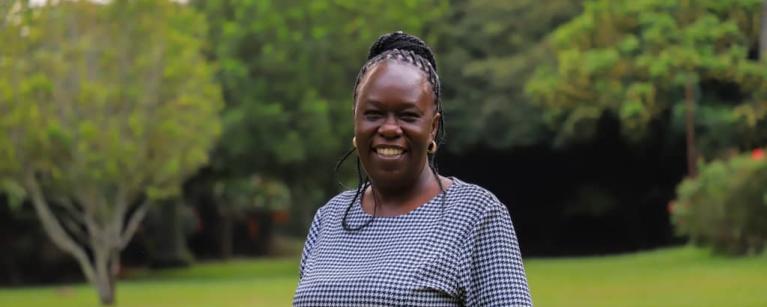Home to 1.6 million refugees and asylum seekers, Uganda has opened its borders and its heart to those fleeing conflict, mainly from South Sudan, the Democratic Republic of Congo (DRC), Burundi,Eritrea, and Ethiopia. Many of these are women, children, and the elderly.
This generous, open-door policy has rightly earned Uganda global admiration and recognition. However, the challenges it faces in sustaining this support are immense, and the national and international community must step up efforts to ensure that Uganda can continue with this ‘Ubuntu’ spirit.
Uganda’s commitment to providing refugees with land, access to public services, and the right to work is exemplary, especially in a world where such policies are not the norm. Over 80% of refugees are hosted in just 13 districts in the North and South-Western regions and the capital, Kampala.
This concentration puts a significant strain on local resources and infrastructure. Health centers and schools are overwhelmed, and access to clean water and sanitation facilities is inadequate. Still, refugee numbers continue to grow.
These challenges are compounded by increased competition for jobs and resources, leading to economic hardships and social tensions that have the potential to escalate into conflict.
In the face of these challenges, women and children have become more vulnerable to exploitation, abuse, and gender-based violence.
Much of the refugee aid is funded by international organizations, but the Ugandan government still bears substantial costs, including administrative expenses, security, and integration programs.
Despite international support, the financial resources available for refugee assistance are often insufficient to meet the growing needs. The funding gap for Uganda’s refugee response is, therefore, a stark reminder of the need to act.
As of August 2024, only about 33% of the required $516.5 million budget has been funded, leaving a substantial shortfall.
This deficit severely hampers the ability to provide essential services, impacting the lives of both refugees and the communities that host them. To cope with the limited funding, there have already been cutbacks in essential services, with severe implications for refugees and the communities that host them.
“Still, this World Humanitarian Day, it is imperative that we draw attention to Uganda’s plight and galvanize support to bridge the funding gap. International organizations, including the UNHCR, have issued urgent calls for assistance. We must heed these calls and recognize that supporting Uganda in its humanitarian efforts is an act of humanity to save lives now and in the future.”
Donor fatigue, exacerbated by the protracted nature of the crisis and the competition for resources from other global emergencies, has led to inconsistent and insufficient funding.
Many humanitarian organizations, such as Oxfam, CARE, Mercy Corps, and others, including locally led and refugee organizations, rely on donor funding. However, this funding has been inconsistent and subject to political or economic changes in donor countries.
This inconsistency affects long-term planning, sustainability, and efforts to build the self-sufficiency of refugees and their host communities.
Uganda’s economic capacity to support its refugee population is strained, and without significant funding, the country risks being overwhelmed. The situation requires a holistic response that combines the efforts of international, national, and local organizations, alongside public and private sector partners.
This will provide a sustainable, long-term approach that addresses the comprehensive needs of refugees - from basic necessities to psychosocial support.
Understandably, the world is facing more conflicts and disasters that all warrant attention and support.
Still, this World Humanitarian Day, it is imperative that we draw attention to Uganda’s plight and galvanize support to bridge the funding gap. International organizations, including the UNHCR, have issued urgent calls for assistance.
We must heed these calls and recognize that supporting Uganda in its humanitarian efforts is an act of humanity to save lives now and in the future.
The challenges are great, but with increased solidarity and funding, we can ensure that Uganda’s progressive refugee policy is sustained and that refugees and host communities alike can thrive.
Let’s act for humanity.
By Anne Agnes Namakula | Program Funding Manager with Oxfam in Uganda
This article was first published on the New vision Online website.
